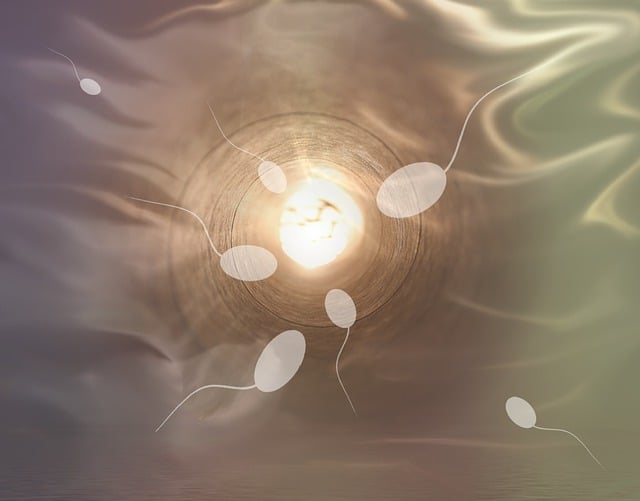Hey friends! So, let’s chat about something that’s super important if you’re thinking about starting a family: sexually transmitted infections, or STIs. You might have heard them called STDs before, but they’re basically infections you can catch through sexual activity. Not every STI is a deal-breaker when it comes to having babies, but some can definitely throw a wrench in the works if they go untreated. A lot of times, they sneak in without any noticeable symptoms, which is why both partners should get tested and treated if needed.
Common STIs and Their Impact on Fertility
Let’s break down some of the most common STIs that could impact a woman’s ability to conceive:
- Chlamydia: This is a biggie! It’s super common and can mess with fertility for both men and women if not treated. Often it has no symptoms, and it can lead to serious issues like pelvic inflammatory disease (PID), which can cause permanent damage to the uterus and fallopian tubes.
- Gonorrhea: If you’re feeling a burning sensation when you pee or notice unusual discharge, that could be gonorrhea. This one can also lead to infertility due to tubal damage and scarring in the uterus.
- Herpes Simplex Virus 2: While this doesn’t usually cause infertility in women, it can make timing conception a bit tricky during outbreaks. For men, it might lead to fertility issues like low sperm count and poor motility. Plus, if a woman gets it during pregnancy, it can be really dangerous for the baby.
- Syphilis: If left untreated, syphilis can have pretty serious long-term effects, including on fertility.
- Human Papillomavirus (HPV): While HPV itself may not directly cause infertility, it can lead to conditions like cervical dysplasia and even cancer, which might affect fertility treatments.
Are All STIs Equal?
Not quite! Some like chlamydia and gonorrhea are more notorious for causing severe damage, while others like herpes and syphilis can pose risks during pregnancy. HPV might lead to complications that require treatment, potentially leading to infertility.
Can STIs Be Treated?
The good news is that most STIs are treatable! However, with HPV, you can manage the symptoms and any related issues, but you can’t completely get rid of the virus.
What If I’ve Had an STI?
No worries! It is still totally possible to get pregnant after having an STI. Just consider a simple fertility evaluation if you’re thinking about trying for a baby.
Prevention is Key!
To avoid STIs, using condoms is a must. Regular testing is also a good idea to keep you and your partner safe. There’s even a vaccine for HPV that’s recommended for preteens and young adults, so it’s worth checking out. The Centers for Disease Control and Prevention (CDC) has some great info on vaccination recommendations.
Remember, catching STIs early can prevent long-term damage, so make sure to have open conversations with your partner and keep up with check-ups.
If you want to learn more about STIs that can affect fertility or get more info on home insemination methods, check out this resource for pregnancy tips. Plus, if you’re curious about boosting male fertility, you might find this fertility booster helpful. And don’t forget to look at the terms and conditions for the Make a Mom gift card offer!
In Summary
STIs can indeed impact fertility, but not all STIs have the same effect. Regular testing and treatment can help minimize risks, and even if you’ve had an STI, pregnancy is still possible. Prevention, communication, and timely medical care are key!

